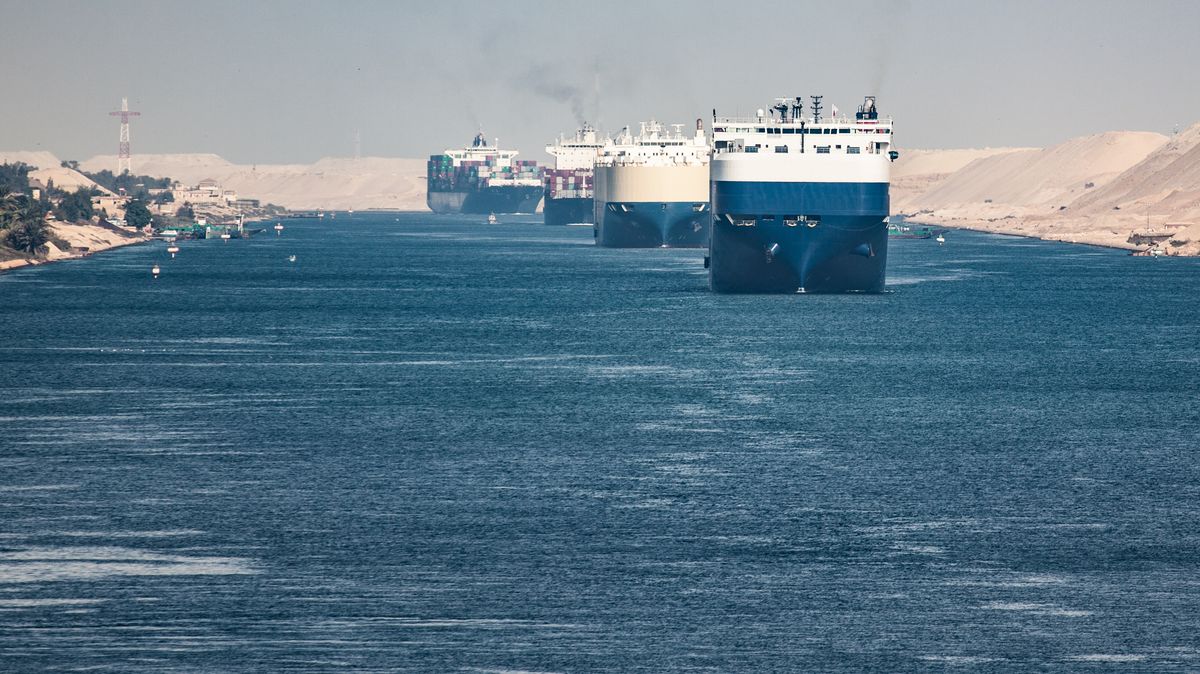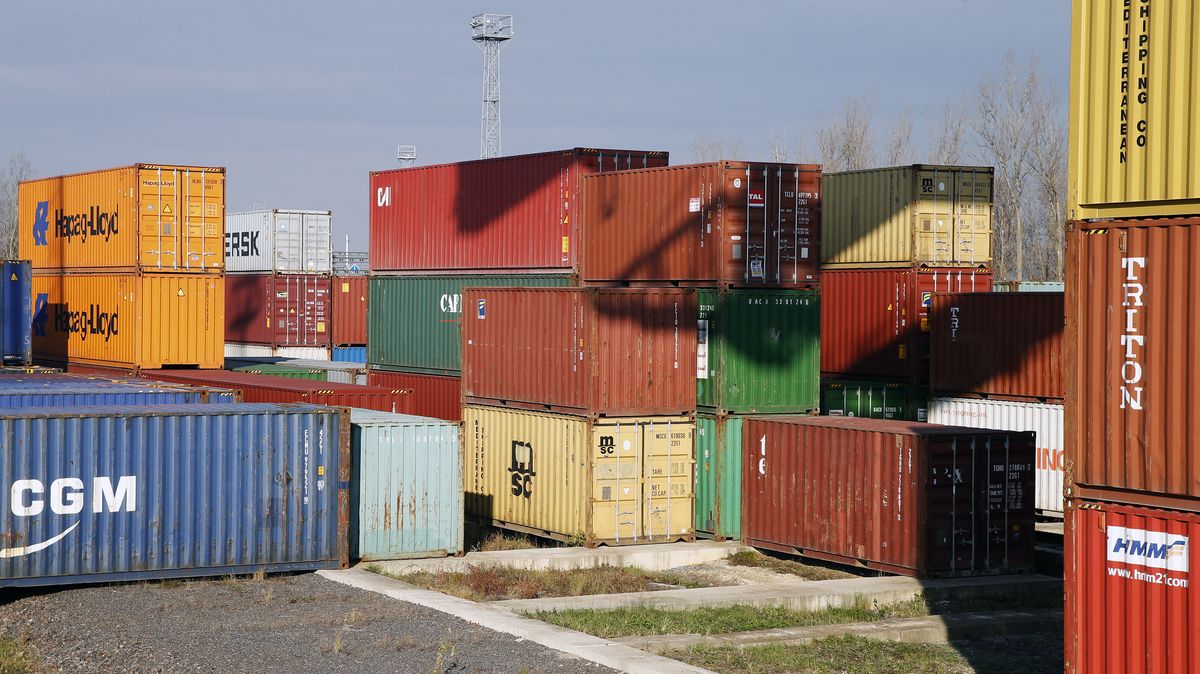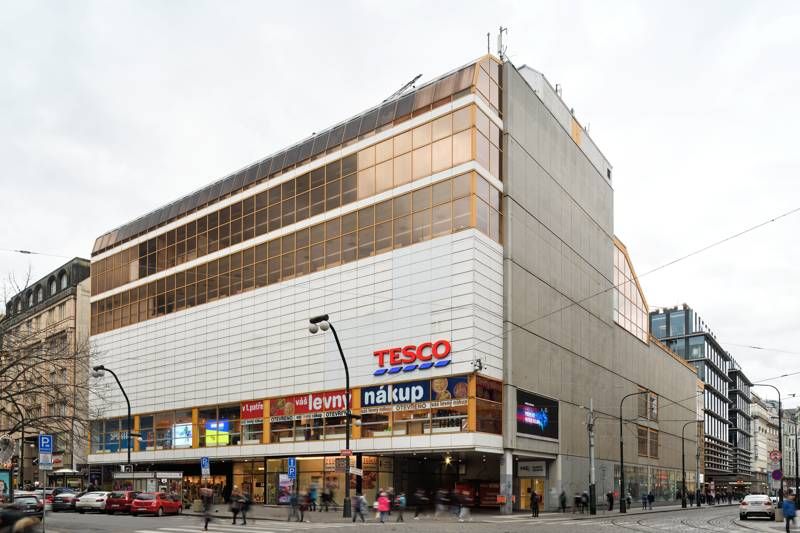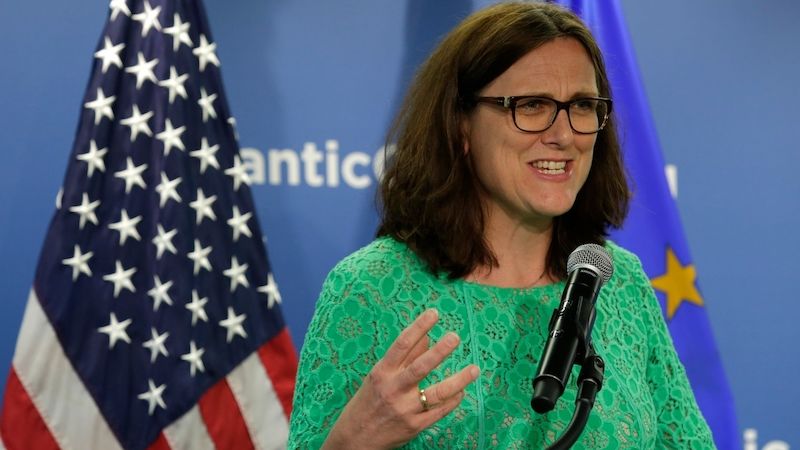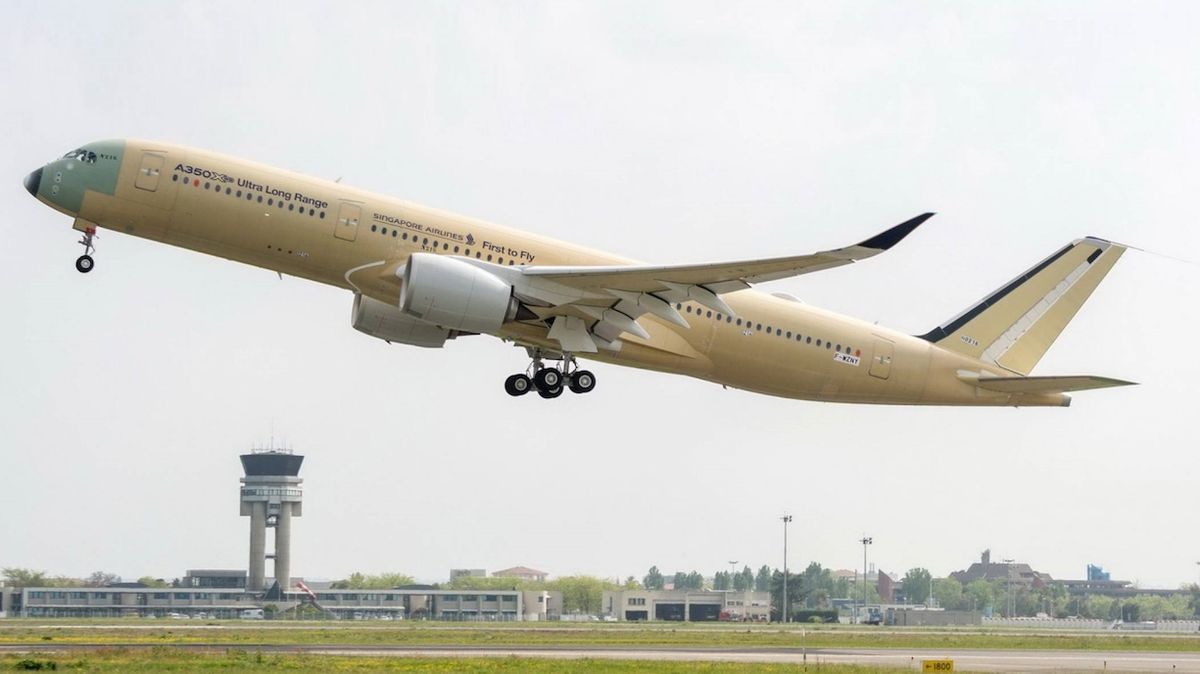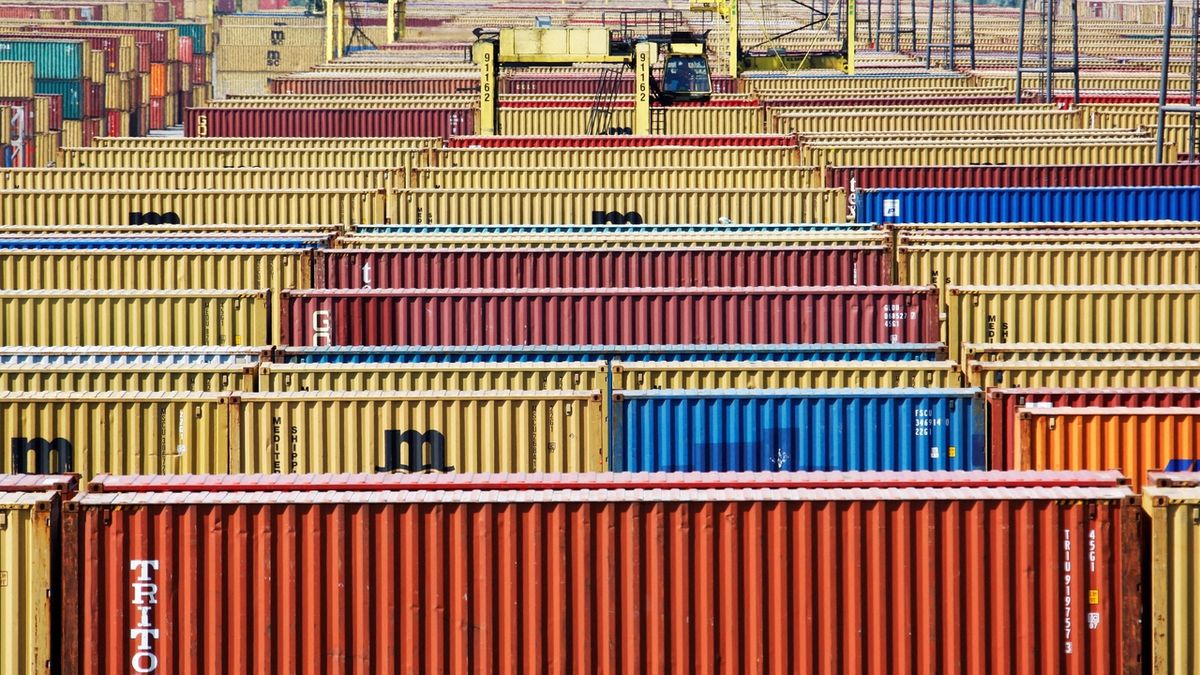The upward trend in world trade that has been in place since the end of the Cold War has been replaced by a slowdown. Last year, global trade volumes fell by 1.2 percent, driven by rising inflation and interest rates. According to the analysis of The Boston Consulting Group (BCG) but the business will not improve even in the next decade.
According to BCG, global merchandise trade will grow slower than the economy. While the firm forecasts global GDP growth of 3.1 percent per year through 2032, trade will grow about 2.8 percent per year.
The difference can be simply described as a situation where more will be produced and produced, but the output will remain at home. Countries will produce more goods for themselves and not buy as much from abroad.
Key to this transformation is the changing relationship between Western countries and China, which has an impact on the electric car trade, for example. After the US imposed 100 percent tariffs on Chinese electric cars and raised tariffs on Chinese batteries or computer chips in May, the United States and the European Union followed suit. The government also imposed initial import duties of up to 37.6 percent on Chinese electric cars.
As the BBC reports, China’s electric car exports to the EU rose from $1.6 billion in 2020 to $11.5 billion last year, before higher tariffs were imposed this year. Chinese production now accounts for 37 percent of all electric car imports to the EU.
Car versus meat
China has not let the EU’s progress go unnoticed, but instead of slapping tariffs on some European automakers like the EU, it has hit back at European farmers. In June, it began a review of EU pork imports, which it imports in large quantities, AP reported.
The amount of pork imported from the EU to China peaked in 2020, when Chinese pig farms were hit by swine fever. At that time, exports from the EU reached 7.9 billion. Last year the figure was around $2.6 billion.
The EU’s trade restrictions with China are not only driven by efforts to maintain the competitiveness of its products, but also by Beijing’s support for Russia’s invasion of Ukraine. China’s trade with the EU will continue to grow, according to BCG, but at a slower pace than the global average. However, US-China trade could fall by $197 billion in 2032 from 2022 levels.
Because western and eastern trade routes diverged in some regions, some countries, such as Peru, Ghana or Vietnam, were faced with the choice of who to trade with.

“In the last few years, you’ve had a number of upheavals, including the pandemic. We’ve had the Russian invasion of Ukraine, and in the aftermath of that, countries around the world are increasingly guided by economic security and national security concerns in deciding who they’re going to trade with and invest in,” International Monetary Fund (IMF) first deputy managing director Gita Gopinath told the BBC.
One factor changing the dynamics of world trade is also the rise in regional trade between neighboring countries, which World Trade Organization Director-General Ngozi Okonjo-Iweala says is fragmenting world trade. “We see trade between like-minded blocs growing faster than trade across blocs,” she said.
According to the IMF, long-term support for regional trade could cause global losses of up to seven percent, or a loss of $7.4 trillion in output in the long term, according to a BBC report.
“We are seeing increasing protectionism, some weakening of WTO rules and some of these phenomena are leading to fragmentation,” Okonjo-Iweal said in an interview with the BBC. “Global trade is really part of the lifeblood of making countries resilient – and supporting growth, so that is something we are concerned about,” she added.
Global trade has also been struggling for months with a crisis in the Red Sea caused by Houthi attacks. In the Suez Canal, through which between 12 and 15 percent of global trade passes, traffic has dropped by 90 percent, according to the BBC.
And the Panama Canal in Central America is also facing problems, with fewer ships passing through it due to insufficient rainfall to fill the key waterway.

“Tv nerd. Passionate food specialist. Travel practitioner. Web guru. Hardcore zombieaholic. Unapologetic music fanatic.”

